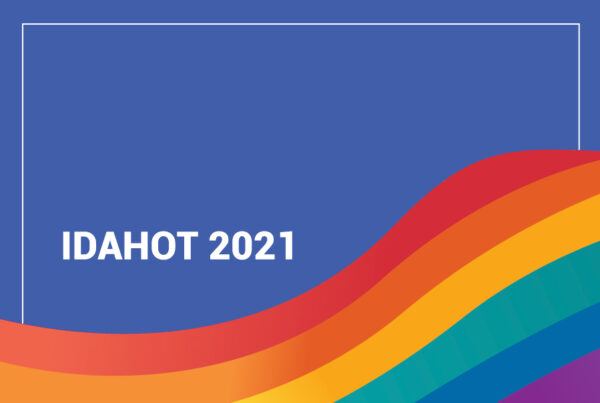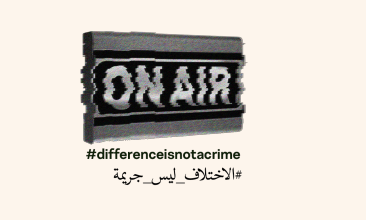أطلق مركز الموارد الجندرية والجنسانية (GSRC) في المؤسسة العربیة للحریات والمساواة (AFE) بالتعاون مع أربع منظمات شريكة مرکز هي مركز للصحة الجنسية (مرسى) وجمعية حلم (الحمایة اللبنانیة للمثليات والمثليین ومزدوجي الميل الجنسي ومغايري الهوية الجنسانية) والجمعية الطبية اللبنانية للصحة الجنسية (LEBMASH) ومنظمة موزاييك في الشرق الأوسط وشمال أفريقيا للخدمات والمناصرة والتكامل وبناء القدرات، أداة توثيق آمنة عبر الإنترنت بعنوان “مرصد انتهاكات حقوق الانسان” (SOGIE Monitor) بهدف رصد انتهاكات حقوق الإنسان على أساس الميول الجنسي وهوية النو الاجتماعي والتعبير كمشروع تجريبي في كانون الثاني 2016. يكشف هذا التقرير عن 65 حالة من الانتهاكات الحكومية وغير الحكومية التي تم إبلاغ المرصد عنها خلال عام 2016. إن أغلبية الانتهاكات تم الإبلاغ عنها من قبل رجال مثليي الجنس (57٪) ومتغيري/ات النوع الاجتماعي (34٪). سجّل الاعتداء كنوع رئيسي من الانتهاكات بنسبة 28٪ ، يليه التمييز (18٪) والتحرّش (18٪) وكان مصدر الانتهاكات الأعلى نسبياً بين الفئة المجتمعية (55٪). يسلّط غياب القوانين التي تحمي الأفراد، تحديداً مجتمع الميم، من أي نوع من انتهاكات حقوق الإنسان ووجود المادة 534 من قانون العقوبات اللبناني التي تستخدمها الجهات الحكومية لمقاضاة الأفراد على أساس ميولهم أو هوية نوعهم الاجتماعي الضوء على أهمية توثيق حالات الانتهاك من أجل التأييد والدفاع عن الحقوق الأساسية للأفراد، ولا سيما داخل مجتمع الميم.
The Gender and Sexuality Resource Center (GSRC) at the Arab Foundation for Freedoms and Equality (AFE) in collaboration with four partner organizations – Marsa Sexual Health Center, Helem (Lebanese Protection for LGBT), LebMASH (Lebanese Medical Association for Sexual Health), and MOSAIC (MENA Organization for Services, Advocacy, Integration and Capacity Building) – launched a secure online documentation tool, “the Sexual Orientation and Gender Identity & Expression (SOGIE) Monitor”, for human rights violations on the basis of sexual orientation and gender identity and expression as a pilot project in January 2016. This report reveals 65 cases of state and non-state violations reported on the Monitor during 2016. The majority of the cases were reported by gay men (57%) and 34% by transgender individuals. The main type of violations was abuse/assault (28%) followed by discrimination (18%) and harassment (18%) and the source of the violations was the highest among the societal category (55%). The absence of laws that protect individuals from any kind of human right violation, specifically among the LGBT community and the presence of a law (Article 534) in the Lebanese Penal Code that is used by state agents to prosecute individuals based on their sexual orientation or gender identity, highlight the importance of the documentation of violation cases in order to lobby and advocate for the basic rights of individuals, particularly among the LGBTQ community.





